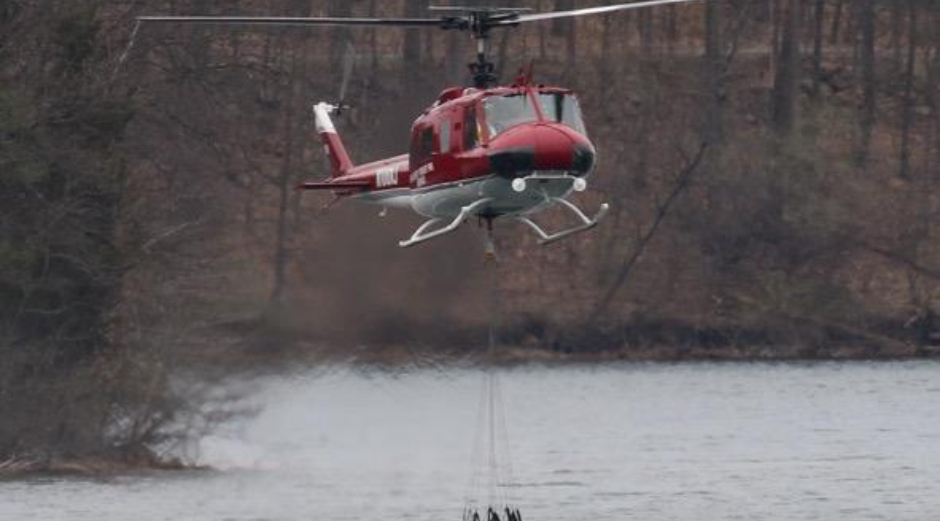Merrill Creek Reservoir Helps Protect New Jersey and Surrounding States from Drought and Wildfire Threats
The 650-acre reservoir offered vital water resources during challenging autumn monthsIn an autumn that saw Mother Nature put New Jersey in peril with extreme drought and wildfires, Merrill Creek Reservoir (MCR) is helping protect some of the state’s vital resources.
Located in Washington Township, Warren County, the reservoir spans 2,700 acres and is part-owned by Jersey Central Power & Light, a FirstEnergy electric company, and FirstEnergy Pennsylvania, which does business in the eastern part of Pennsylvania as Met-Ed. The site includes a 650-acre reservoir and a 290-acre environmental preserve that protects biodiversity while providing public recreational and environmental education opportunities.
As large portions of the East Coast experienced a record month or more without measurable rain, local lakes and reservoirs reached record-low capacities, leading to widespread water restrictions. MCR, however, maintained more than 95% capacity.
MCR’s unique purpose contributes to this stability. Built in 1988, the reservoir was designed not for drinking water, but to replenish the Delaware River. MCR contains 15 billion gallons of water and is only released to the Delaware River when requested by the Delaware River Basin Commission, which has happened only five times in its 36-year history (September 1991, September 1995, December 1998, October 2001 and November 2016).
The reservoir will potentially release water into the Delaware River for the sixth time this year once the timing is set by the Delaware River Basin Committee to help return the river's "salt line" to its normal position.
The salt line marks where the freshwater of the Delaware River, flowing south, meets the saltwater of the Delaware Bay. Normally, in November and December, this line typically rests just over a mile north of the Delaware Memorial Bridge. However, due to the extreme drought and reduced river flow, it currently sits 20 miles further north – nearly 10 miles past the Commodore Barry Bridge and only six miles from the Walt Whitman Bridge. This situation puts it dangerously close to its record from the 1960s and threatens the drinking water intakes for the cities of Philadelphia and Camden.
“Philadelphia gets about 58% of its drinking water from the Delaware River, and upstream, Trenton takes its entire drinking water supply from the river,” said John Parke, Environmental Specialist at FirstEnergy and Ecologist at Merrill Creek Reservoir. “About 14.2 million people rely on the Delaware River Basin for their drinking water, which is about 4% of the U.S. population. Since MCR is not a drinking water supply or power-generating reservoir, we continuously store water and can release it to protect these essential resources downriver when necessary.”
In addition to keeping faucets running further south, MCR’s reservoir, which is approximately 225 feet deep, serves as a vital water source for firefighting helicopters used by the New Jersey Forest Fire Service.
As the drought worsened this year and wildfires began to spread in several portions of northern New Jersey, MCR remained on standby for helicopter pick-ups.
“The last two years saw wildfires in parts of northern New Jersey that haven’t experienced such fires for decades,” said Parke. “The urban-suburban divide, coupled with high fuel loads in the forests, create the potential for devastating fires. We’re fortunate to be able to offer a large water supply that firefighters urgently need to protect properties and contain these fires.”

